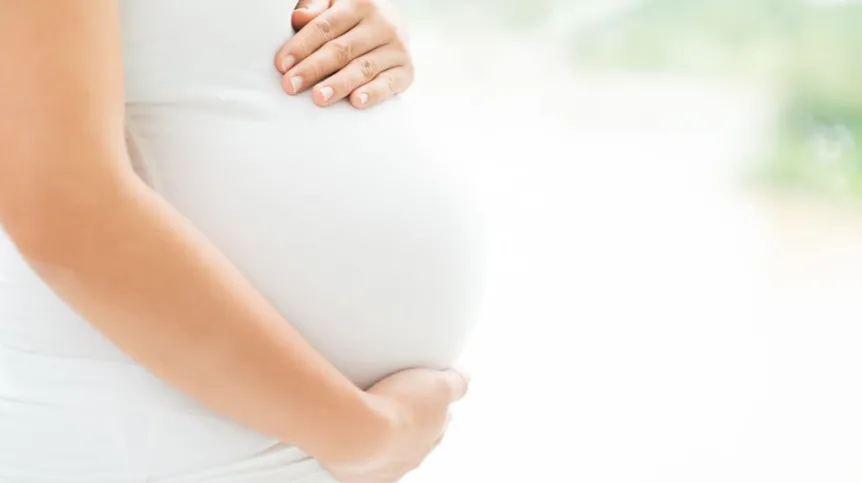
Researchers from Poland, Ukraine and Spain are surveying Ukrainian women refugees to see the affect of war on postpartum depression.
The study is part of the Przystanek MAMA project, carried out by and international team including psychologists from the University of Gdańsk. The research is a survey, so participants can join it from anywhere in the world, via the project website: Mama – Otro sitio más de Blogs UNED.
Dr. Alyona Vavilova from the Taras Shevchenko National University of Kiev said; “Our study aims to diagnose the mental state of pregnant women from Ukraine and young mothers. The goal is to understand how war can affect the postpartum state, and reduce the respondents' anxiety level. This is very important because women from Ukraine require medical and psychological support in this difficult situation.”
Over 100 refugee women have been surveyed so far. According to Dr. Magdalena Chrzan-Dętkoś from the Department of Developmental Psychology and Psychopathology of the Institute of Psychology of the University of Gdańsk, experiences related to war, such as trauma, constant emotional tension, stress, physical and sexual abuse, give 'a very complex clinical picture, which unfortunately translates into exacerbation of postpartum depression symptoms'.
For refugee women, escaping the war is so stressful that it increases the risk of falling into depression.
“The negative effects of exposure to an armed conflict seem to be confirmed by numerous studies. In their analyses, a significant relationship has been observed between the mother's experience of war and the lower birth weight of the child', Dr. Chrzan-Dętkoś, who is content coordinator of the Przystanek MAMA project in the northern region, said during a meeting at the Faculty of Social Sciences of the University of Gdańsk.
Some previous studies indicate the existence of links between maternal exposure to armed conflicts and an increased number of stillbirths or premature births.
Dr. Chrzan-Dętkoś said: “Stress, social isolation, different reception of young mothers in the host country, language barrier in the hospital, may increase the risk of developing depression. Therefore, the Edinburgh Postnatal Depression Scale and other materials are also available in Ukrainian on our website.”
The study also aims to help understand how different countries can help the refugees cope with the experience of war. The research results can be used to develop the most appropriate forms of support for this group, not only in the form of classic psychological therapy, but also psychoeducational activities and guidelines for medical staff.
Dr. Chrzan-Dętkoś said: “Part of our work is also to educate midwives who have direct contact with patients in the area of trauma-oriented care.”
Information about postpartum depression, facts and myths, a support group for mothers, etc. is available on the Przystanek MAMA website.
PAP - Science in Poland
amk/ ekr/ kap/
tr. RL













